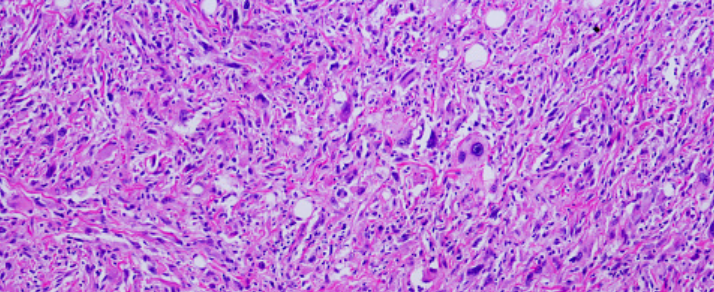Photo Credit: Vm
The following is a summary of “Effect of N-acetylcysteine on antimicrobials induced nephrotoxicity: a meta-analysis,” published in the March 2025 issue of BMC Nephrology by Qiu et al.
Researchers conducted a retrospective study to assess N-acetylcysteine (NAC) efficacy in preventing antimicrobials induced nephrotoxicity. Findings showed its antioxidant effects help reduce acute kidney injury.
They searched PubMed, Embase, Web of Science, and the Cochrane Library for studies on NAC and antimicrobials induced nephrotoxicity until June 1, 2024. Eligible records were screened based on inclusion and exclusion criteria. The odds ratio (OR) assessed NAC’s effect, and data were pooled using a random effects model.
The results showed that three RCTs were analyzed. NAC reduced the incidence of antimicrobials induced nephrotoxicity (OR = 0.487, 95% CI = 0.258–0.918, P = 0.03, I2 = 0%). Serum creatinine (Scr) on day 2 was lower in the NAC group (SMD = −0.298, 95% CI = −0.585 to −0.010, I2 = 23%, P = 0.04). No difference was found in blood urea nitrogen (BUN), and creatinine clearance (CrCl).
Investigators found that NAC helped prevent antimicrobials induced nephrotoxicity. However, large-scale and well-designed randomized clinical trials (RCTs) were needed.
Source: bmcnephrol.biomedcentral.com/articles/10.1186/s12882-025-04037-y












Create Post
Twitter/X Preview
Logout